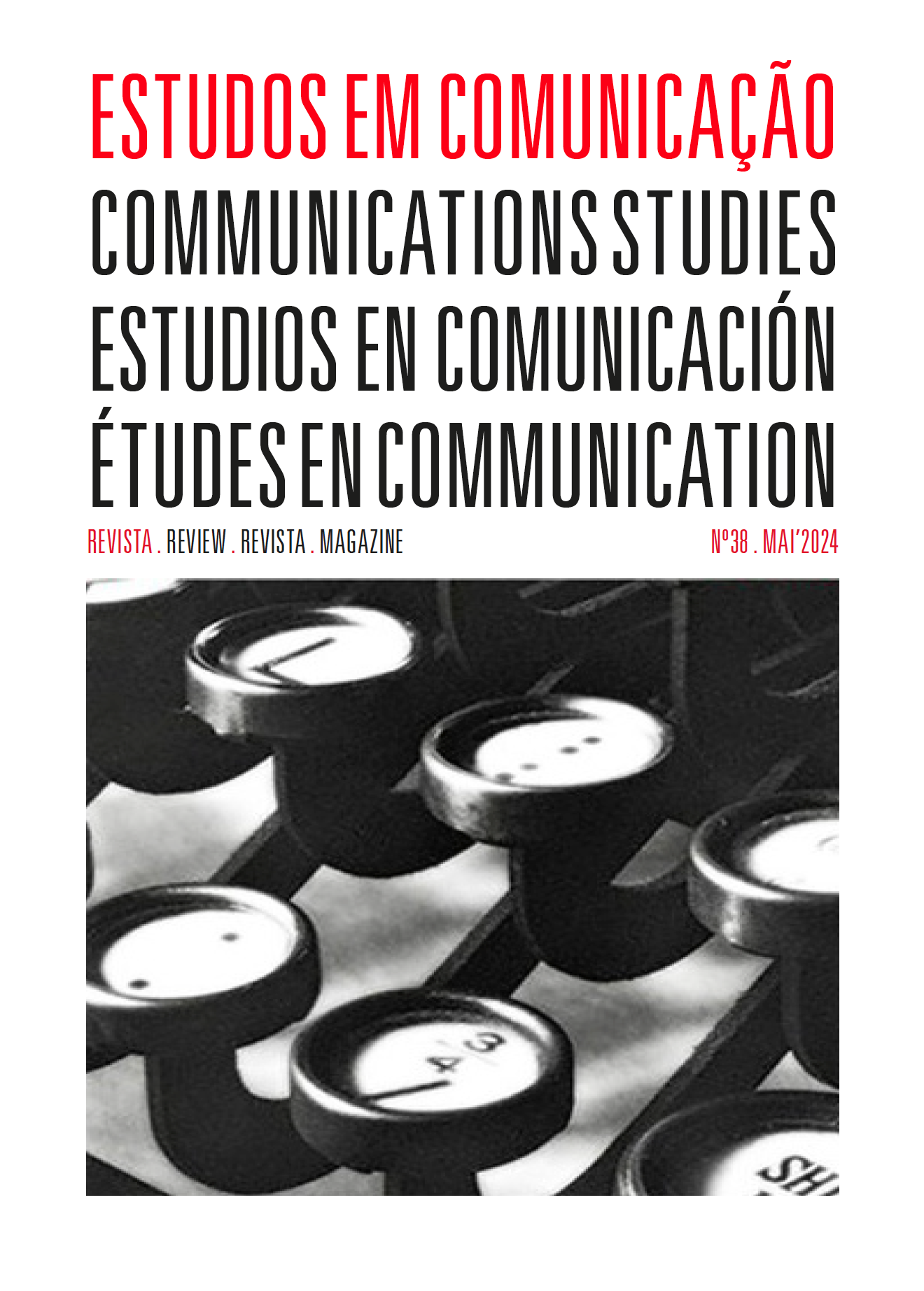Polarization, radicalization, and confirmatory bias on the network
Abstract
Social media has facilitated the formation of groups by geographically distant individuals with common interests, concurrently contributing to the prominence of minority or more extreme ideas in the media agenda. Conversely, they have fostered the emergence of certain phenomena deemed detrimental to the public sphere. This is the case with echo chambers and filter bubbles, which may lead to a reinforcement of one's own perspective, intensifying polarization, and promoting the radicalization of stances. However, even as groups close in, there will always be spaces where individuals confront opposing voices, even if they engage in selective exposure or confirmatory bias. Moreover, these phenomena can also have positive effects, serving as spaces for deliberation and empowerment of marginalized groups and positions in the media sphere. This paper draws on theories of media effects, collective action, and deliberative democracy to illustrate and contribute to the complex debate on these phenomena and their potential effects, both negative and positive, on citizen deliberation processes and the formation of public opinion.
Downloads
Published
Issue
Section
License

This work is licensed under a Creative Commons Attribution-NonCommercial-NoDerivatives 3.0 Unported License.
Estudos em Comunicação/Communication Studies is an Open Access journal. All its content is freely available without charge to the user or his institution. Users are allowed to read, download, copy, distribute, print, search, or link to the full texts of the articles in this journal without asking prior permission from the publisher or the author. Estudos em Comunicação, by Labcom, is licensed under a Creative Commons Atribuição-NãoComercial-SemDerivações 3.0 Unported License. By submitting your work to Estudos em Comunicação/Communication studies you confirm you are the author and own the copyright, that the content is original and previously unpublished, and that you agree to the licensing terms.


